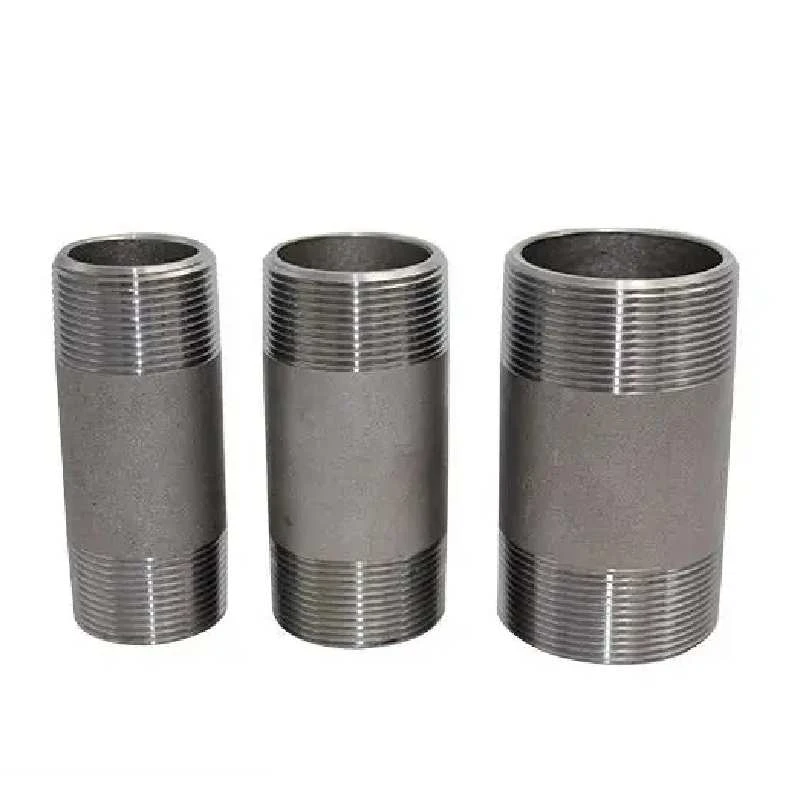-
Cangzhou Yulong Steel Co., Ltd.
-
Phone:
+86 13303177267 -
Email:
admin@ylsteelfittings.com
- English
- Arabic
- Italian
- Spanish
- Portuguese
- German
- kazakh
- Persian
- Greek
- French
- Russian
- Polish
- Thai
- Indonesian
- Vietnamese
- Zulu
- Korean
- Uzbek
- Hindi
- Serbian
- Malay
- Ukrainian
- Gujarati
- Haitian Creole
- hausa
- hawaiian
- Hebrew
- Miao
- Hungarian
- Icelandic
- igbo
- irish
- Japanese
- Javanese
- Kannada
- Khmer
- Rwandese
- Afrikaans
- Albanian
- Amharic
- Armenian
- Azerbaijani
- Basque
- Belarusian
- Bengali
- Bosnian
- Bulgarian
- Catalan
- Cebuano
- China
- China (Taiwan)
- Corsican
- Croatian
- Czech
- Danish
- Esperanto
- Estonian
- Finnish
- Frisian
- Galician
- Georgian
- Kurdish
- Kyrgyz
- Lao
- Latin
- Latvian
- Lithuanian
- Luxembourgish
- Macedonian
- Malgashi
- Malayalam
- Maltese
- Maori
- Marathi
- Mongolian
- Myanmar
- Nepali
- Norwegian
- Norwegian
- Occitan
- Pashto
- Dutch
- Punjabi
- Romanian
- Samoan
- Scottish Gaelic
- Sesotho
- Shona
- Sindhi
- Sinhala
- Slovak
- Slovenian
- Somali
- Sundanese
- Swahili
- Swedish
- Tagalog
- Tajik
- Tamil
- Tatar
- Telugu
- Turkish
- Turkmen
- Urdu
- Uighur
- Welsh
- Bantu
- Yiddish
- Yoruba

Oct . 07, 2024 13:54 Back to list
en1092 1 11
Understanding EN 1092-12011 A Comprehensive Overview
EN 1092-12011 is a significant European standard that governs the design and manufacturing of flanges used in various industrial applications. Flanges are integral components in piping systems, providing a means for connecting pipes, valves, pumps, and other equipment. Their robust design and durability are crucial for ensuring the integrity and reliability of fluid transport systems across various sectors, including oil and gas, water treatment, and chemical processing.
The EN 1092-12011 standard specifically focuses on the requirements for circular flanges made from carbon steel, alloy steel, and stainless steel. It is part of a broader set of standards developed by the European Committee for Standardization (CEN) aimed at harmonizing flange design across Europe, ultimately facilitating trade and ensuring safety and compatibility in industrial applications.
Understanding EN 1092-12011 A Comprehensive Overview
Moreover, EN 1092-12011 categorizes flanges based on their pressure-temperature ratings, indicating the maximum pressure and temperature conditions they can withstand. This classification helps engineers select the appropriate flange type for their specific application, ensuring that the selected flange can handle the operational conditions without compromising safety or functionality.
en1092 1 11

Material selection is another critical component of the EN 1092-12011 standard. The standard outlines acceptable materials for flange production, addressing various factors such as corrosion resistance, mechanical strength, and thermal stability. By adhering to these material guidelines, manufacturers can produce flanges that are not only durable but also suitable for specific environmental conditions, such as corrosive or high-temperature applications.
In addition to these technical aspects, EN 1092-12011 also highlights the importance of quality control and testing. It mandates that flanges undergo rigorous inspection and testing processes to verify their adherence to the defined standards. This includes checks for dimensions, mechanical properties, and surface quality. Such stringent quality assurance measures are vital for maintaining the reliability and safety of flanged connections in critical infrastructure.
Furthermore, the adoption of EN 1092-12011 promotes sustainability and environmental responsibility. By standardizing flange production, manufacturers can optimize their processes, reducing waste and energy consumption. Additionally, consistent quality and compatibility help minimize the risk of failures, contributing to the overall efficiency of industrial operations.
In conclusion, EN 1092-12011 plays a pivotal role in defining the standards for flanges in Europe. Its focus on dimensional specifications, material selection, quality control, and safety ensures that flanges meet the rigorous demands of modern piping systems. By adhering to this standard, manufacturers, engineers, and end-users can enhance the reliability and efficiency of their operations, ultimately fostering safer industrial environments. Understanding and implementing the guidelines set forth by EN 1092-12011 is essential for anyone involved in the design, manufacture, or maintenance of piping systems.
Latest news
-
ANSI 150P SS304 SO FLANGE
NewsFeb.14,2025
-
ASTM A333GR6 STEEL PIPE
NewsJan.20,2025
-
ANSI B16.5 WELDING NECK FLANGE
NewsJan.15,2026
-
ANSI B16.5 SLIP-ON FLANGE
NewsApr.19,2024
-
SABS 1123 FLANGE
NewsJan.15,2025
-
DIN86044 PLATE FLANGE
NewsApr.19,2024
-
DIN2527 BLIND FLANGE
NewsApr.12,2024
-
JIS B2311 Butt-Welding Fittings LR/SR 45°/90° /180°Seamless/Weld
NewsApr.23,2024











